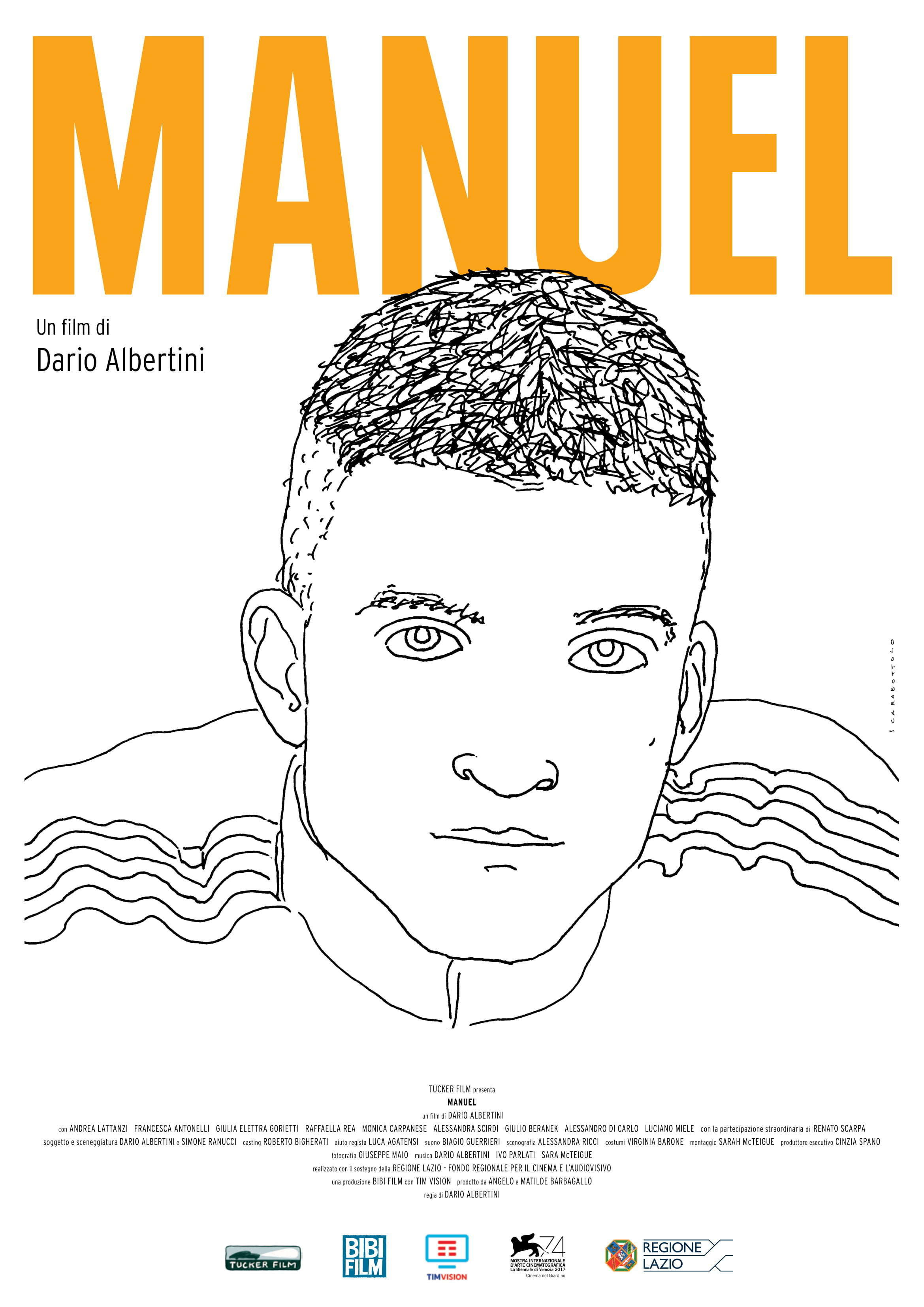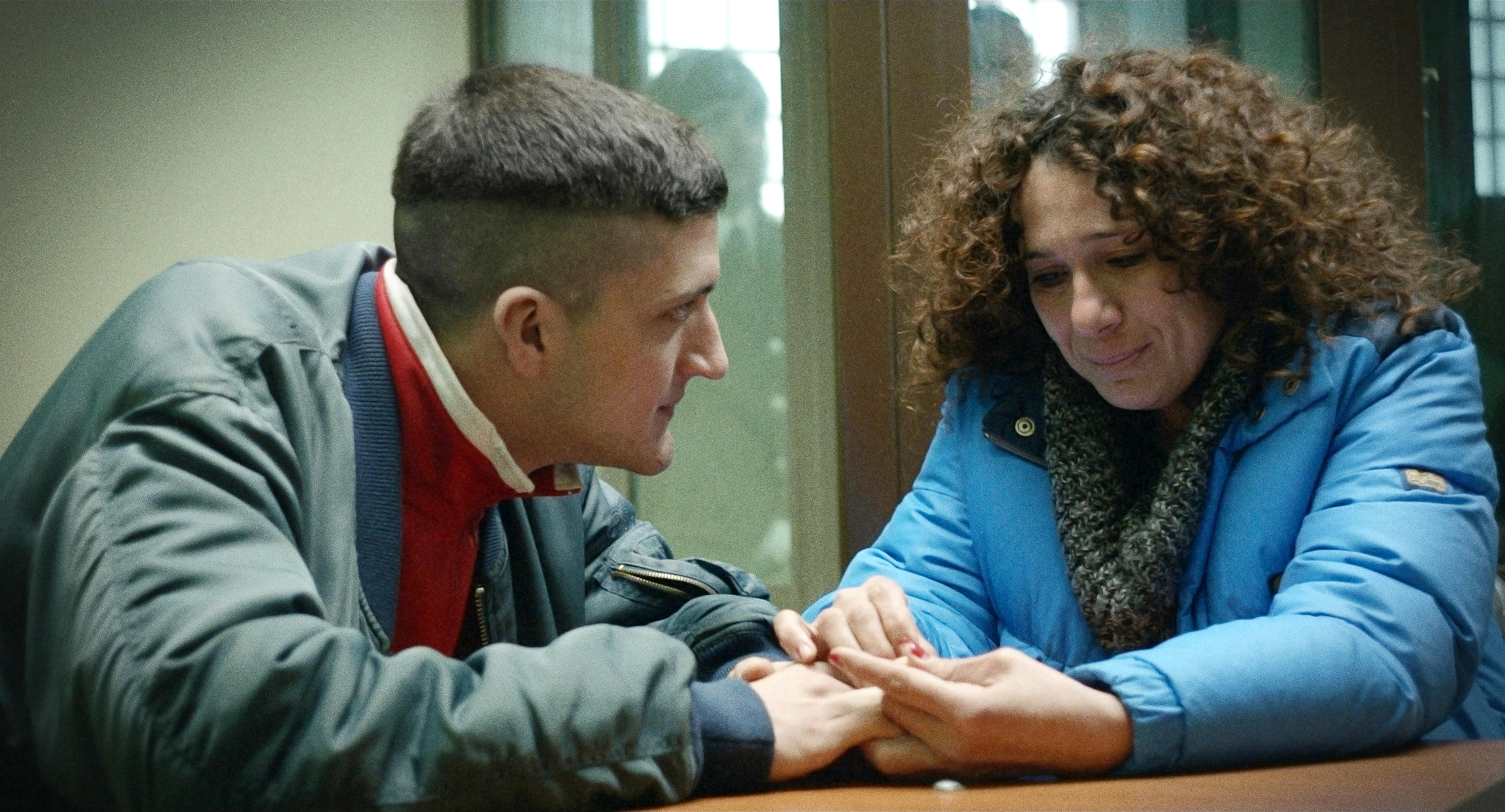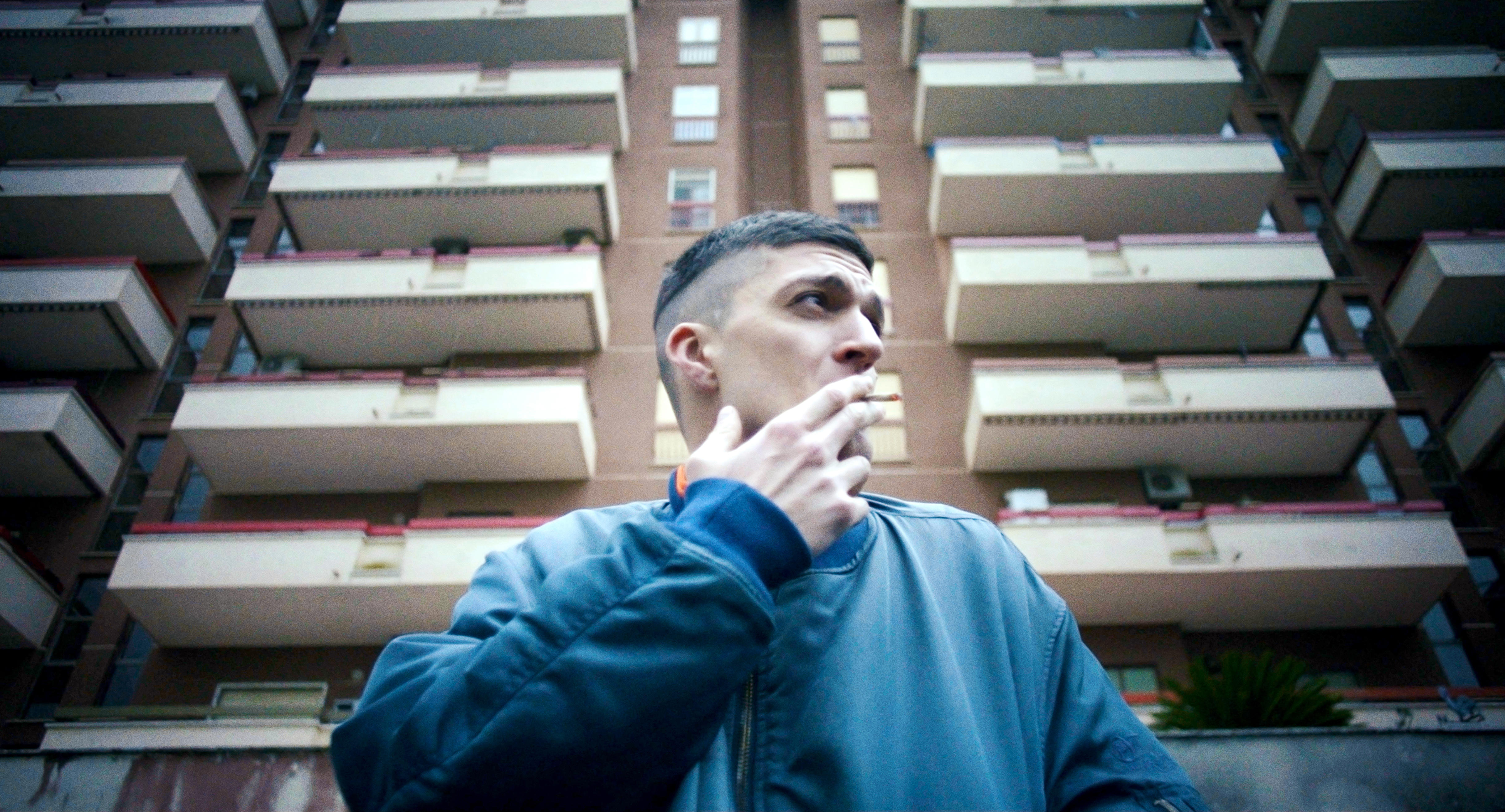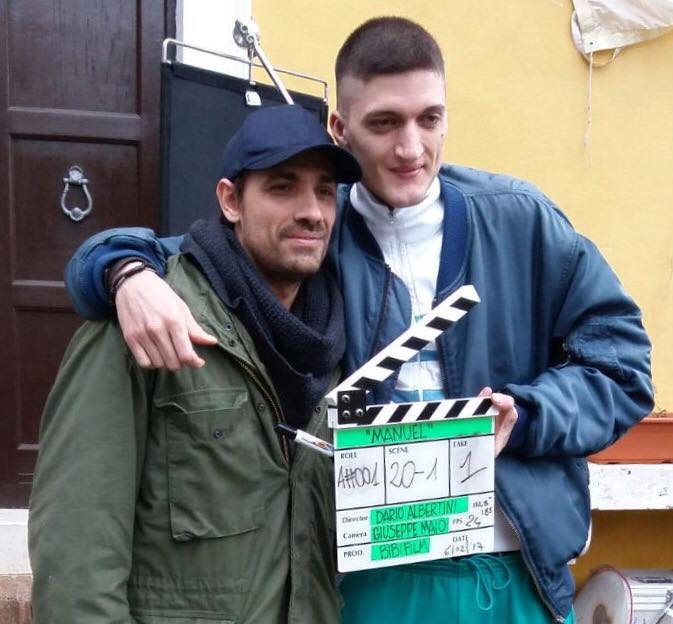Friday October 5 - 21:30: Manuel directed by Dario Albertini

MANUEL
Directed by Dario Albertini
Cast: Andrea Lattanzi, Francesca Antonelli, Renato Scarpa, Giulia Elettra Gorietti, Raffaella Rea, Giulio Beranek, Alessandro Sardelli, Fabrizio Orsomando
Screenplay: Dario Albertini, Simone Ranucci
Cinematography by: Giuseppe Maio
Edited by: Sarah Mc Teigue
Music composed by: Dario Albertini, Ivo Parlati, Sarah Mc Teigue, Michael Brunnock
Produced by Angelo Barbagallo, Matilde Barbagallo con TIMVISION Production
Running time: 98 minutes
Country production and year: Italy, 2017
Released under Tucker Film Distribution
Synopsis
Manuel has just turned 18. It is time to leave the foster home where he has lived for the past years, after his mother went to prison. But the newfound freedom is bittersweet. Roaming the streets of his desolate neighborhood, alone with his hopes and fears, Manuel tries to leave the teenager behind and become a responsible adult. He must prove to the authorities that he can look after his mother if she is granted house arrest. Can he give her back her freedom, without losing his?


DIRECTOR'S NOTE
The idea for MANUEL came after shooting the documentary LA REPUBBLICA DEI RAGAZZI.
The documentary tells the story of how this "Republic" came to be. In the aftermath of World War II, a refuge was set up to give a home to children who had no family to support them. Over the years the structure evolved and it is now a large foster home for children. I spent a year and half shooting the documentary, which gave me insights into the various phases these young people go through. Leaving the foster home at 18 years old is one of those phases, and the one I chose to focus on for MANUEL. It's a simple story. One could imagine that kids who grow up in a children's home, once they are out, could easily find themselves in shady situations bordering on criminality. But Manuel is like a gentle giant. He finds himself catapulted into an unknown reality, called on to make important decisions without having time to realize that he is no longer in a protective bubble, but out in the real world, alone. While shooting, I gave the actors a lot of space for improvisation, searching for that unique magical moment, between fiction and reality.

DARIO ALBERTINI
Dario Albertini was born in 1974 in Rome, Italy. Starting out as a photographer, he continued as a documentary filmmaker, overseeing every aspect: script, cinematography, sound, music. SLOT - LE INTERMITTENTI LUCI DI FRANCO, his first documentary, tells the story of Franco, a compulsive gambler addicted to slot machines. The documentary won the D.E.R. Best Italian Documentary, “Adriano Asti” award for Best Documentary, The Cinemadocumentario Award, The Marcellino De Baggis Award). LA REPUBBLICA DEI RAGAZZI, co-produced with Rai Cinema, is a documentary about a refuge set up after World War II for orphans and which developed into a self-governed "Republic". It traces its development from the beginning until today, when the refuge turned into a complex of more regulated foster homes. It received the Awards 400 Colpi Vittorio Veneto Film Festival and Cinema Fedic Award. INCONTRI AL MERCATO tells the everyday stories of three people whose lives are centered on their provincial city market (“Franco Basaglia” Award, ITFF Award). MANUEL is his first fiction feature film, produced by Angelo Barbagallo’s Bibi Film, together with Timvision. It is the story of a young man, Manuel, as he prepare to leave the foster home in which he grew up. This film is based on Albertini's experience while shooing the documentary LA REPUBBLICA DEI RAGAZZI.
FESTIVAL AND AWARDS
74th Venice Film Festival – Cinema nel Giardino Official Selection (2017)
Cinema Mediterranéen Montpellier 2017
Antigone d’or
Prix du public
Prix étudiant
Festival Internacional de Cine de Gijón 2017
Rellumes Award
FIPRESCI Award
Festival Premiers Plans D'Angers 2017
Jean Carmet Award to Andrea Lattanzi
Festival du Film Italien de Villerupt 2017
Special Mention

Founded in 2008 by CEC of Udine and Cinemazero of Pordenone, Tucker Film managed to carve out a well-defined space in the Italian independent distribution scene. There are two main operational strands: first one, production related to the Asian Cinema. The second instead was born and developed in direct connection with the Far East Film Festival, the most important event dedicated to Asian popular cinema in Europe. Among the numerous titles in the catalog, we mention Departures by Takita Yojiro (Academy Award 2009 as Best Foreign film), Poetry by Lee Chang-dong (Award for Best Screenplay at the Cannes Film Festival 2010), A Simple Life by Ann Hui (Coppa Volpi 2 at Venice Film Festival in 2011 for the best female interpretation to Deanie Ip). In addition to Confessions by Nakashima Tetsuya and In Another Country by Hong Sang-soo, the Friulian company also distributed L'estate di Giacomo directed by Alessandro Comodin (Pardo d'Oro Cineasti at Locarno Film Festival 2011), Zoran Il mio nipote scemo directed by Matteo Oleotto (Rarovideo Audience Award 2013 at the Venice Film Festival), TIR by Alberto Fasulo (Marc'Aurelio D'Oro 2013 for the best film at the Rome International Film Festival), The Special Need by Carlo Zoratti (Audience Award at SXSW 2014 in Austin), the peplum fantasy Thermae Romae by Takeuchi Hideki, Tokyo Love Hotel by Hiroki Ryuichi and the great Project Ozu: six masterpieces of one of the most important japanese filmmaker in the history, restored by Japanese major Shochiku. From the "East far" to the East, Tucker Film has also released Class Enemy, the first feature by the young Slovenian director Rok Biček (FEDEORA 2013 award for best film at the Venice Film Festival) and, in 2016, The High Sun by Dalibor Matanić (Jury Prize A certain regard at the Cannes Film Festival 2015) and co-produced by Croatia, Slovenia and Serbia. In 2017, Tucker Film released In Between by Maysaloun Hamoud, After The Storm directed by Hirokazu Kore-eda, Happy times will come soon by Alessandro Comodin and, finally, Easy by Andrea Magnani . In 2018 released The Net by korean film director Kim Ki Duk.




















